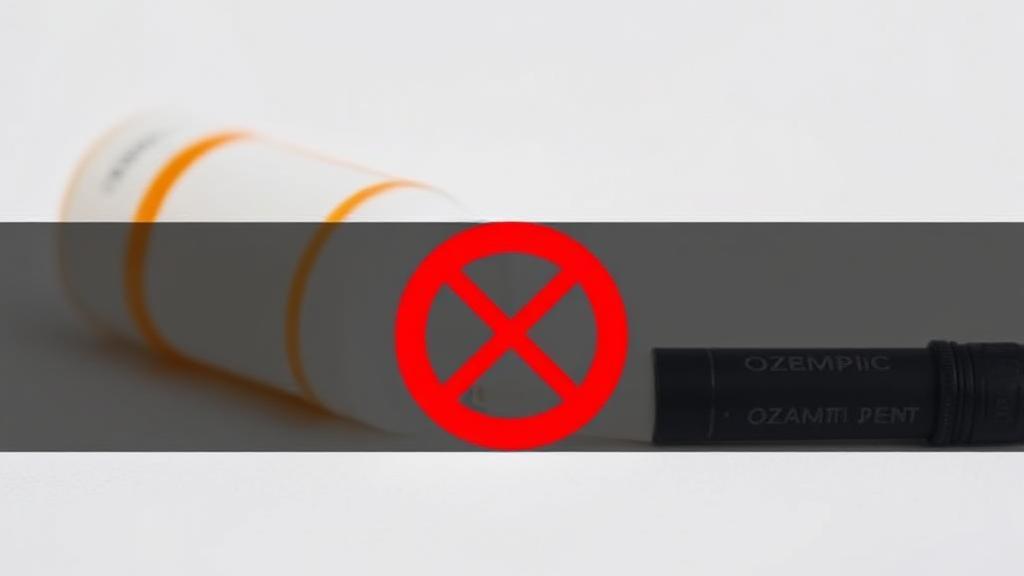Understanding Ozempic and Its Mechanism
Ozempic, also known as semaglutide, is a medication primarily used to manage type 2 diabetes and obesity. It belongs to a class of drugs called GLP-1 receptor agonists, which work by stimulating insulin secretion, reducing glucagon release, and slowing gastric emptying. This helps lower blood sugar levels and promotes feelings of fullness, leading to reduced calorie intake.
Common Drugs to Avoid
1. Diabetes Medications
- Insulin and insulin secretagogues (e.g., glipizide, glyburide)
- DPP-4 inhibitors (e.g., Januvia, Onglyza)
- Other GLP-1 receptor agonists (like Trulicity or Victoza)
- SGLT2 inhibitors (e.g., Invokana, Farxiga) require careful monitoring
2. Pain Medications
- NSAIDs: Regular use of high-dose NSAIDs like ibuprofen should be monitored
- Opioids: May increase gastrointestinal side effects
3. Antibiotics
Some antibiotics may affect blood sugar levels:
- Fluoroquinolones
- Sulfa antibiotics
- Certain macrolides
Medications Affecting Absorption
Take thyroid medications at least 4 hours before or after Ozempic to ensure proper absorption.
Over-the-Counter Products to Avoid
- OTC weight loss supplements
- Appetite suppressants
- Stimulant-based diet pills
- St. John's Wort
- Glucomannan
- High-dose vitamin B12 supplements
Special Considerations
Alcohol Consumption
While not strictly prohibited, moderate alcohol consumption is recommended due to:
- Increased risk of low blood sugar
- Potential gastrointestinal effects
- Dehydration risks
Warfarin
Ozempic may increase the international normalized ratio (INR) when used with warfarin, necessitating more frequent INR monitoring.
Monitoring and Safety Guidelines
Regular Check-Ups
Regular consultations with healthcare providers are essential for:
- Monitoring blood sugar levels
- Assessing medication effectiveness
- Adjusting dosages if necessary
Emergency Warning Signs
Seek immediate medical attention for:
- Severe stomach pain
- Persistent vomiting
- Signs of pancreatitis
- Severe hypoglycemia symptoms
Communication Tips
- Inform healthcare providers about all medications and supplements
- Keep a detailed medication list
- Monitor blood sugar levels closely when starting new medications
- Report unusual side effects promptly
For more detailed information, visit the FDA website, American Diabetes Association, or consult the prescribing information provided by the manufacturer.
